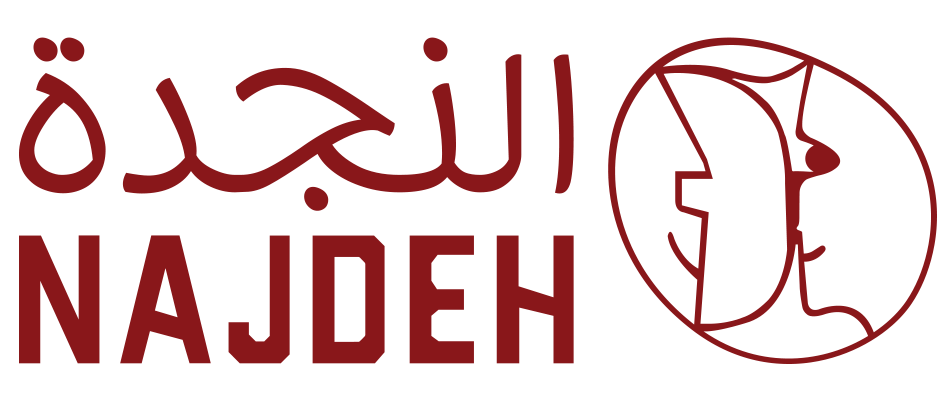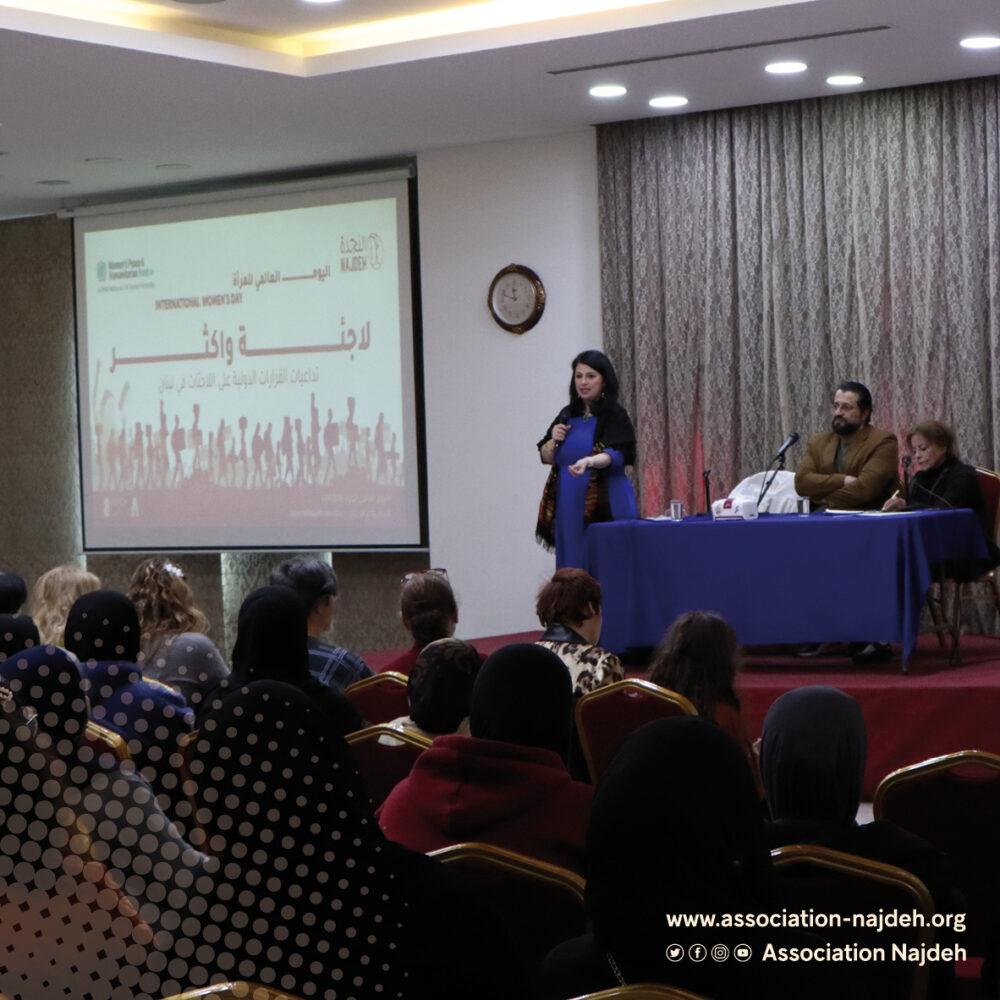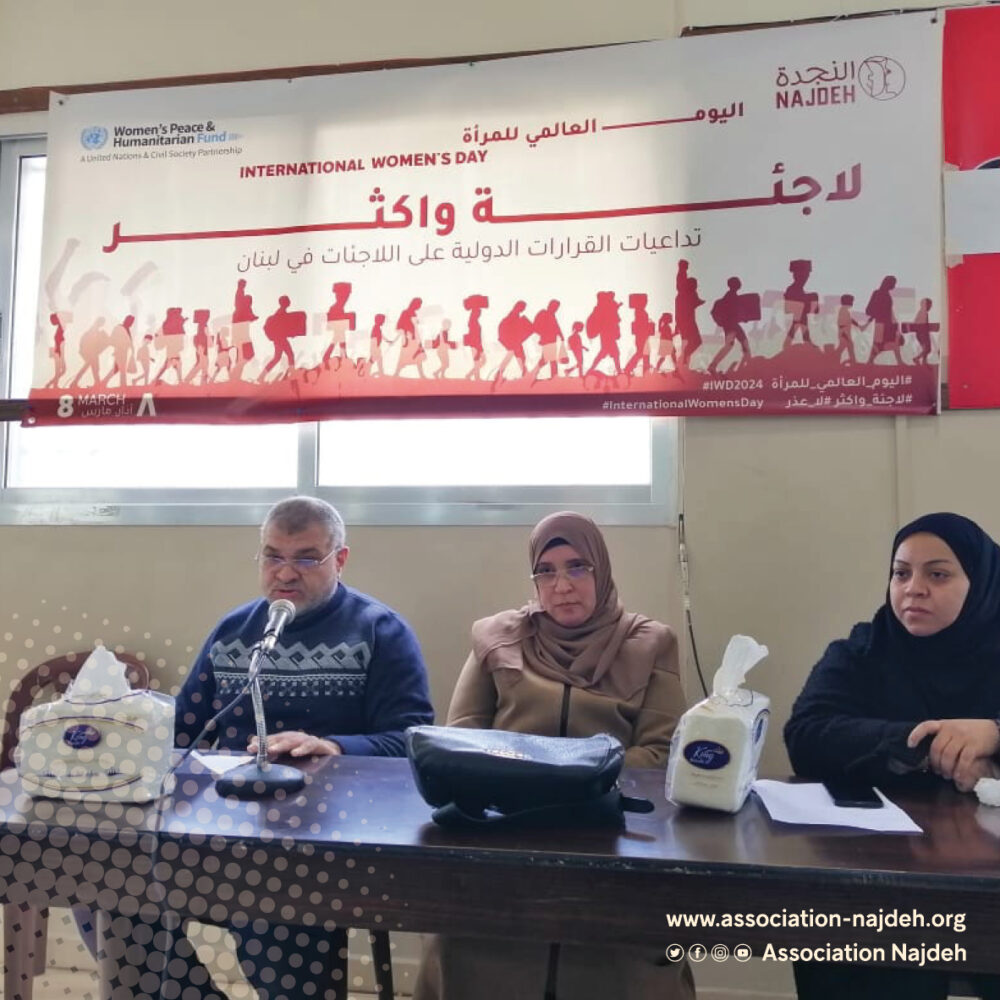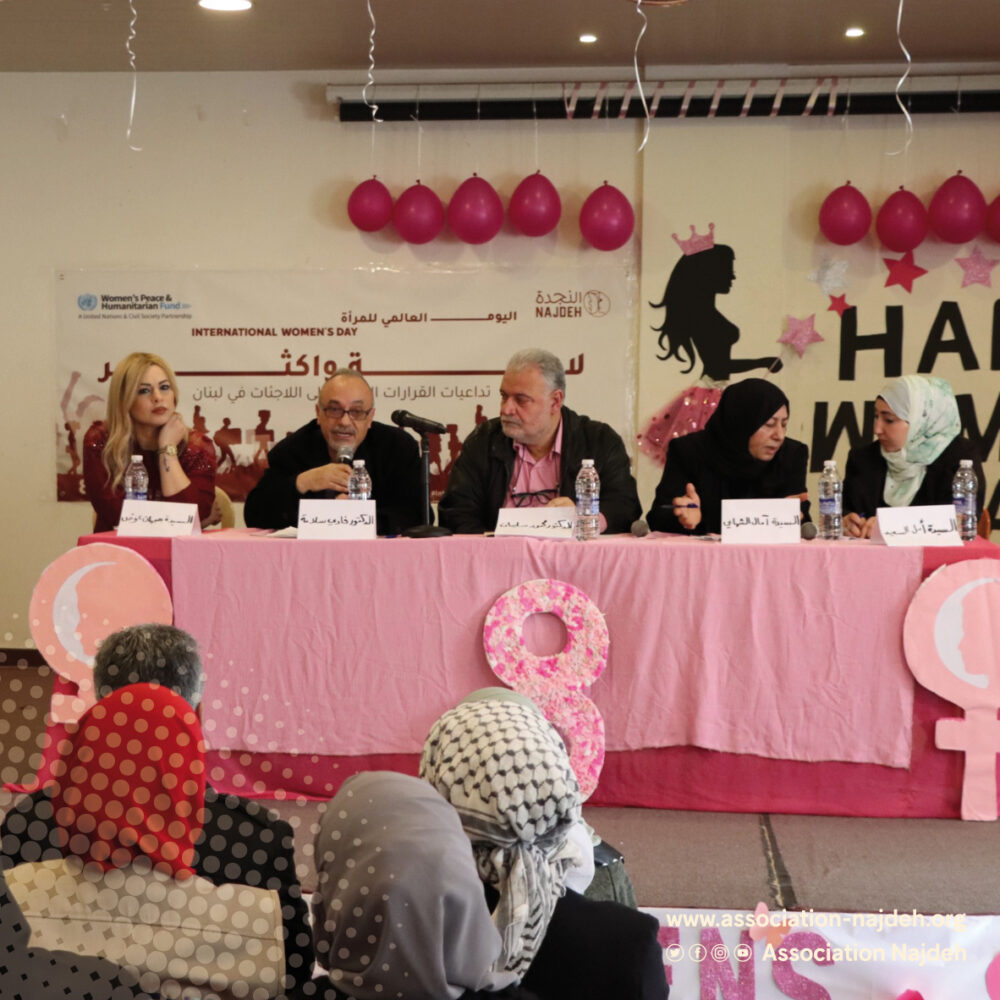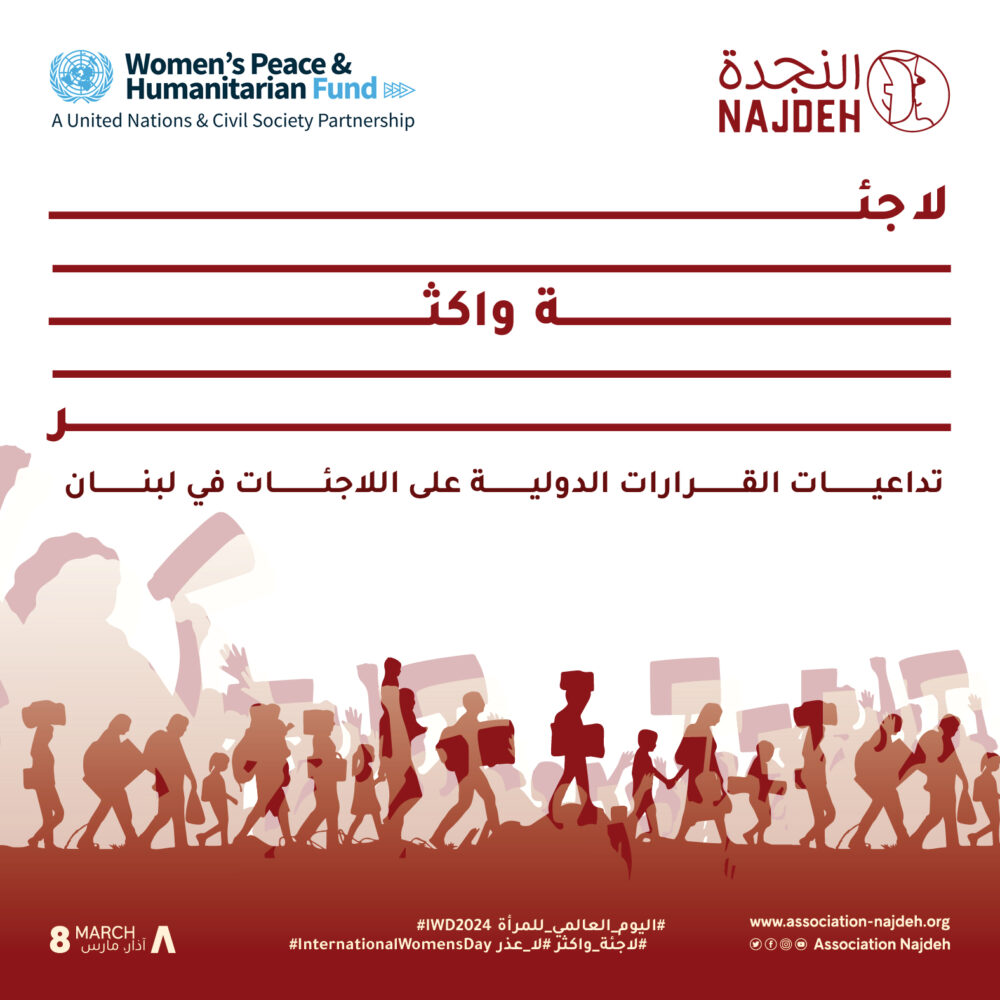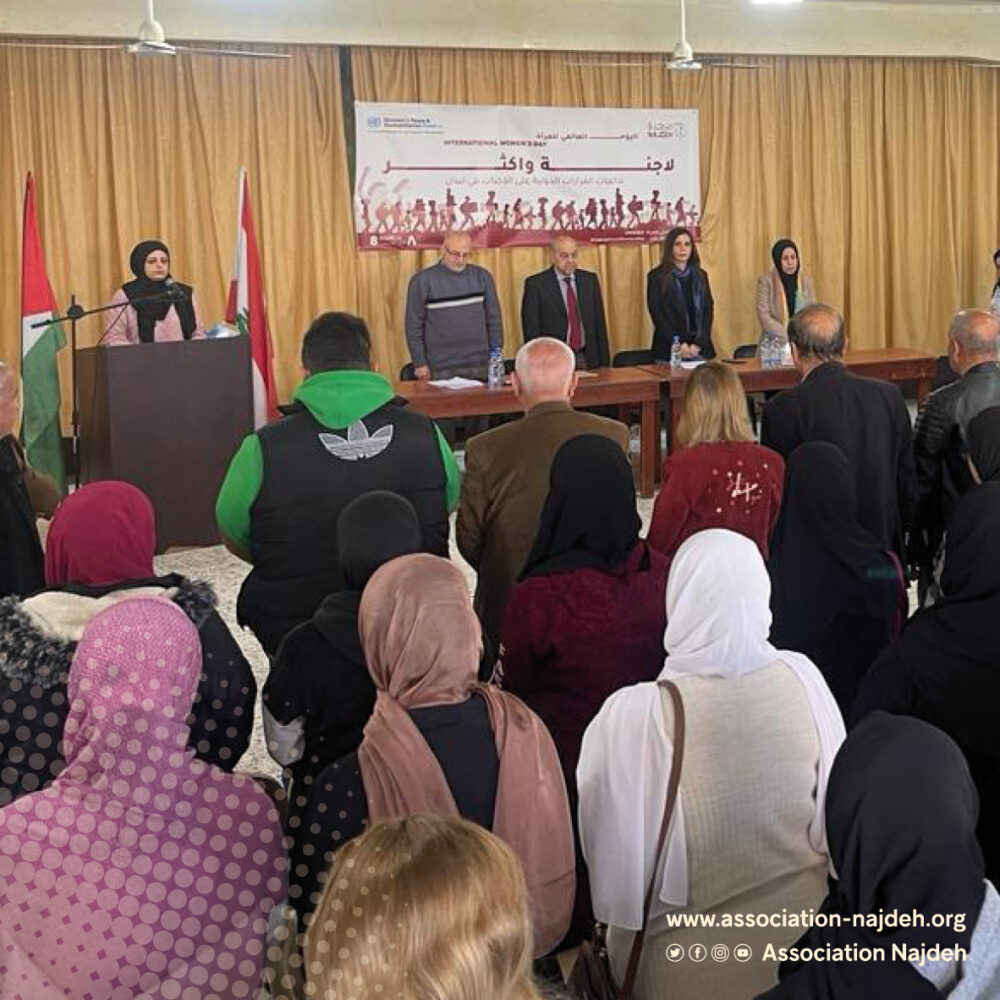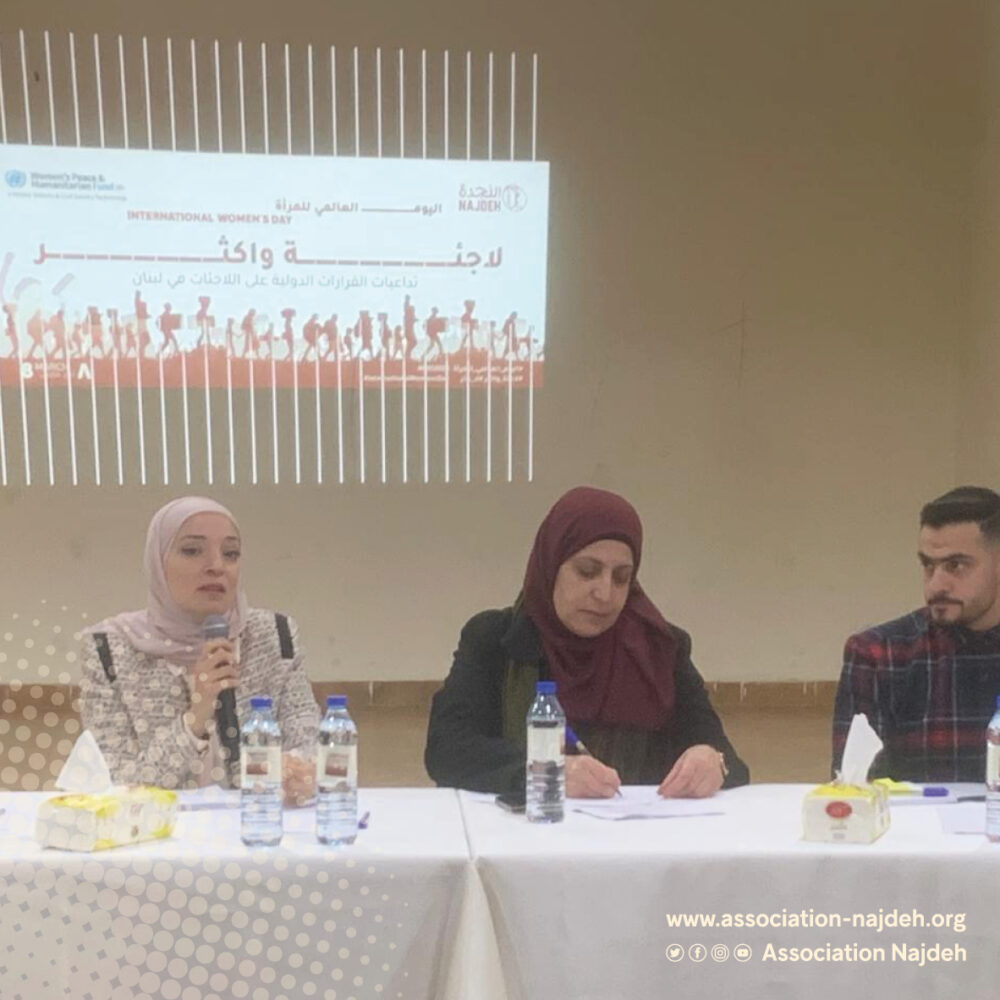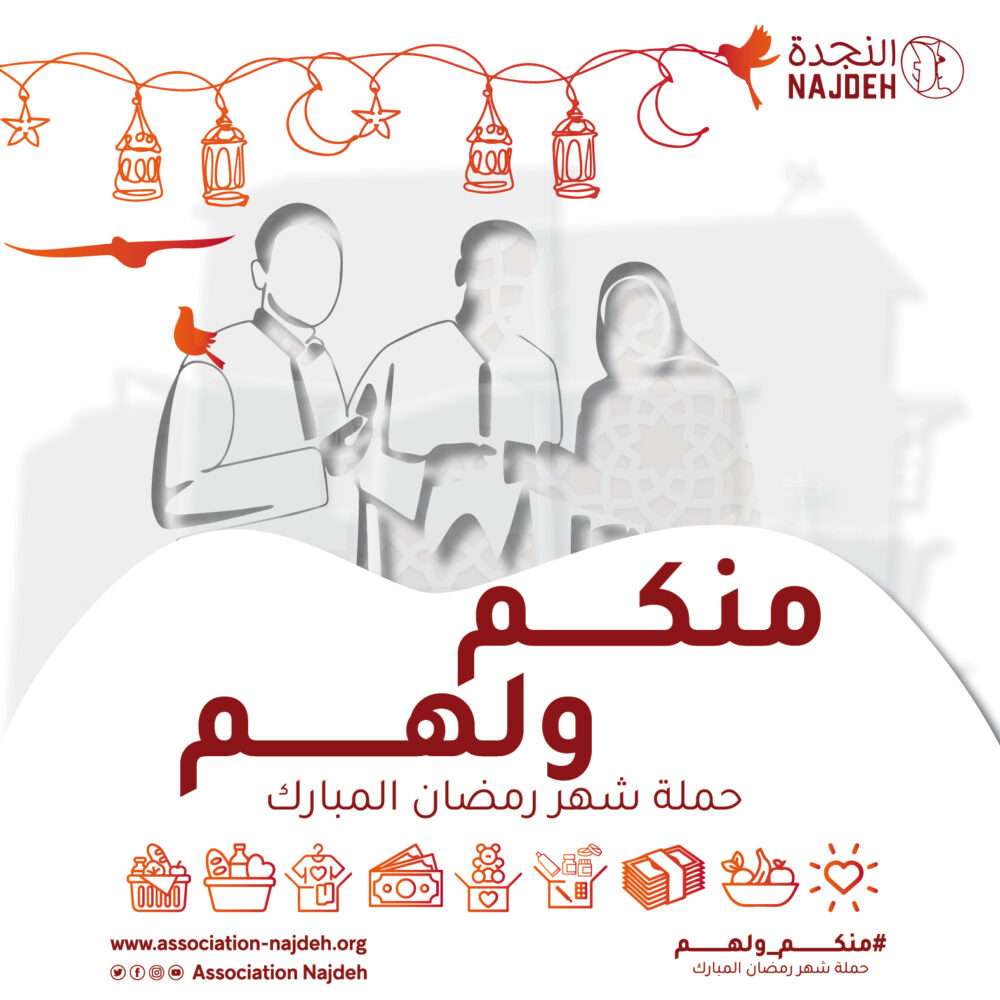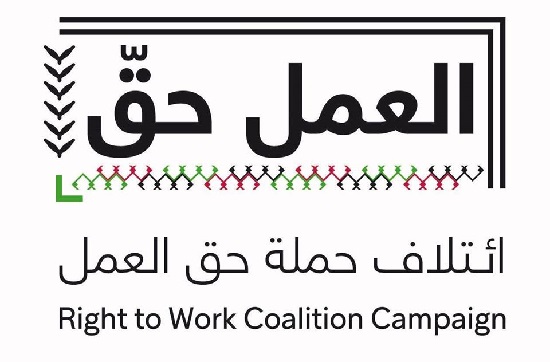
No Economic and Social Justice Without Ending the Genocide of Palestinian Workers
in Latest news
30/04/2024
Statement Issued by the Lebanese-Palestinian Coalition for the Right to Work Campaign for Palestinian Refugees in Lebanon On the Occasion of International Workers’ Day.
No Economic and Social Justice Without Ending the Genocide of Palestinian Workers.
On the occasion of International Workers’ Day, the Lebanese-Palestinian Coalition for the Right to Work Campaign for Palestinian Refugees in Lebanon extends its greetings and appreciation to workers around the world in general, and particularly to the workers in Palestine, Gaza, the West Bank, Jerusalem, and the occupied territories. These workers, like other members of the Palestinian people, endure systematic violations by the Israeli occupation, including abuse at military checkpoints, targeting of labour and agricultural facilities, land confiscation, and suffering from genocide, starvation, and displacement in the Gaza Strip.
Special recognition is given to the workers in Lebanon and Palestine who face harsh economic conditions and overcome difficulties to ensure a decent living for their families.
Workers’ Day coincides with the 76th anniversary of the Nakba, amidst threats to Palestinian national rights, foremost among them the right of return, which is under attack due to the policies of the US administration and certain Western countries that are fully biased towards Israel. The shared Palestinian-Lebanese interests necessitate confronting these policies and defending the right of return and maintaining UNRWA as the international legal and moral commitment to Palestinian refugees until the right of return is implemented in accordance with Resolution 194.
In this context, it is essential to bolster the resilience of Palestinian refugees and strengthen their adherence to their right of return to their land as per Resolution 194. This can be achieved by granting them the right to work, which will improve their economic and social conditions and contribute to enhancing their resilience against American projects.
Therefore, it is imperative to keep the right to work for Palestinian refugees free from Lebanese political disputes and not to link it to resettlement. On this occasion, the Lebanese-Palestinian Coalition for the Right to Work Campaign for Palestinian Refugees in Lebanon calls on the Lebanese authorities to lift the restrictions on the right of Palestinian refugees to work, as follows:
- Address the ambiguities in the legal text and its shortcomings in the application of the amendments to Laws 128 and 129 of 2010.
- Urge the relevant Lebanese authorities to take the necessary measures to lift the discriminatory restrictions and procedures related to Laws 128 and 129/2010 and to implement them.
- Allow Palestinian refugees in Lebanon to benefit from all the services of the National Social Security Fund in return for paying the full contributions required of them.
- Amend the internal regulations of professional syndicates to exclude Palestinian refugees in Lebanon from the application of the principle of reciprocity or the requirement to obtain Lebanese nationality, where found in Lebanese labour laws, and grant qualified and eligible individuals the rights provided to them by international conventions ratified by Lebanon.
Ensure the government’s adherence to the policies of ministerial statements of successive governments since 2005 to improve the economic and social conditions of Palestinian refugees in Lebanon and fulfil Lebanon’s international obligations towards the Universal Declaration of Human Rights and the agreements signed by the Lebanese state that include conditions for respecting human rights.
